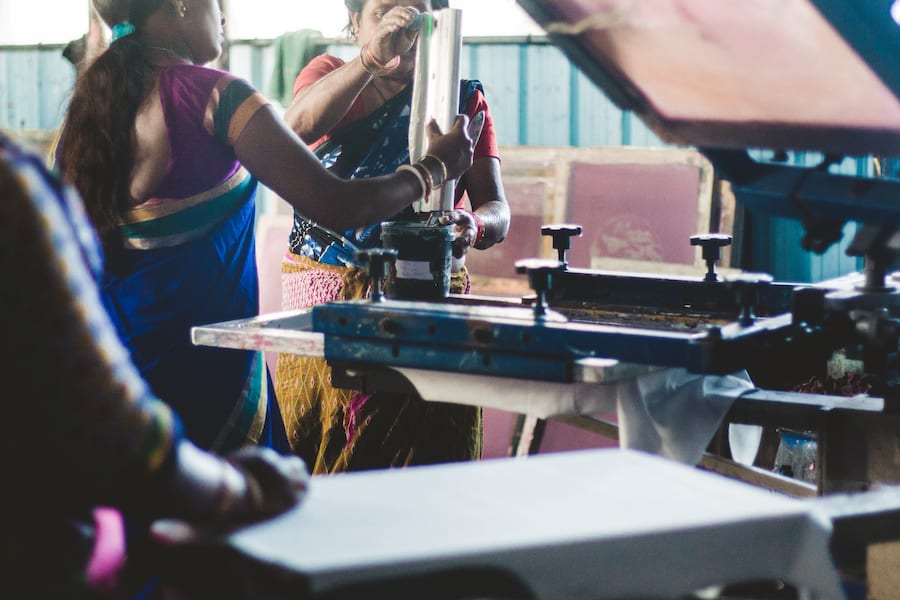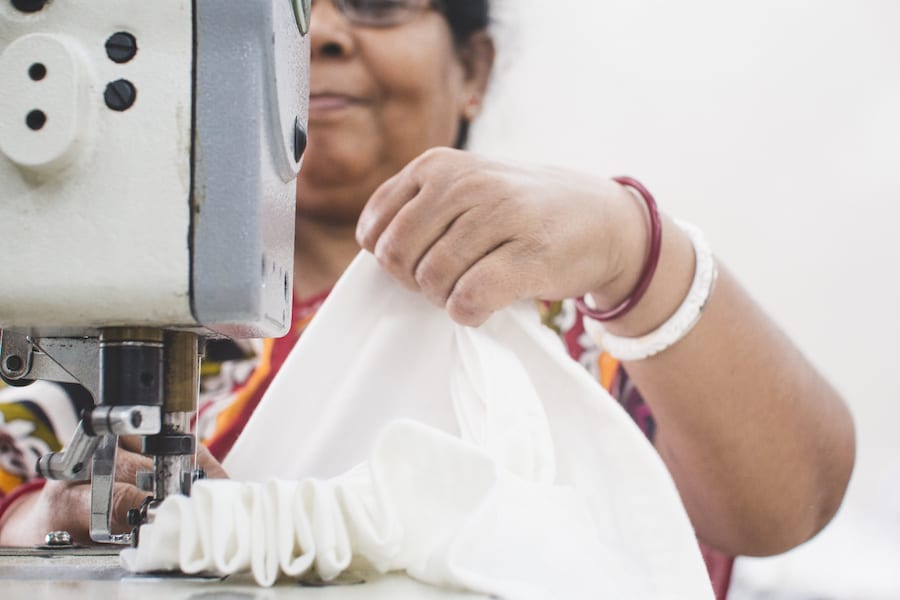A new report has revealed the extent to which more than 400 fashion brands have taken action to protect vulnerable workers during the pandemic.
The Covid Fashion Report, released by aid and development organisation Tearfund, considers the impact that the pandemic has had on the fashion industry and how disruptions to supply chains have exposed workers to more risk than ever before.
Early this year, Tearfund and partner Baptist World Aid developed six Covid Fashion Commitments aimed at keeping companies focused on protecting workers during the pandemic.
The report considers brands’ efforts at upholding the commitments and ranks companies according to how they performed.
Tearfund’s research found that New Zealand brands performed well when it action taken, with more than 80 per cent of Kiwi companies included in the research able to provide some evidence of upholding the Covid Fashion Commitments.
More than 50 per cent were in the top tier of companies, which included AS Colour, Freeset, Hallensteins and Glassons, Icebreaker, Kathmandu and Macpac.

Overall, the report found that 70 per cent of companies assessed could demonstrate that they had taken at least some deliberate positive actions to support vulnerable garment workers through the global pandemic.
However, 56 per cent of companies were unable to show action across all six of the Covid Fashion Commitment areas.
With the pandemic drastically affecting sales and profits of clothing companies, the impact has been felt most keenly by workers who make our clothes.
Factories slashed production by up to 85 per cent, worker’s salaries decreased by about 40 per cent and over a million workers in Bangladesh lost their jobs as a result of COVID-19.
Tearfund Education & Advocacy Manager, Claire Gray, says the COVID crisis has exposed areas in the fashion industry that still need vast improvement.
“The pandemic and the disruption it has brought is a chance for the global fashion system to hit the reset button and be encouraged to build back better,” she says.
“The fashion industry was broken long before COVID-19 and garment workers were paying the price.”
You can read The Covid Fashion Report in full here.




